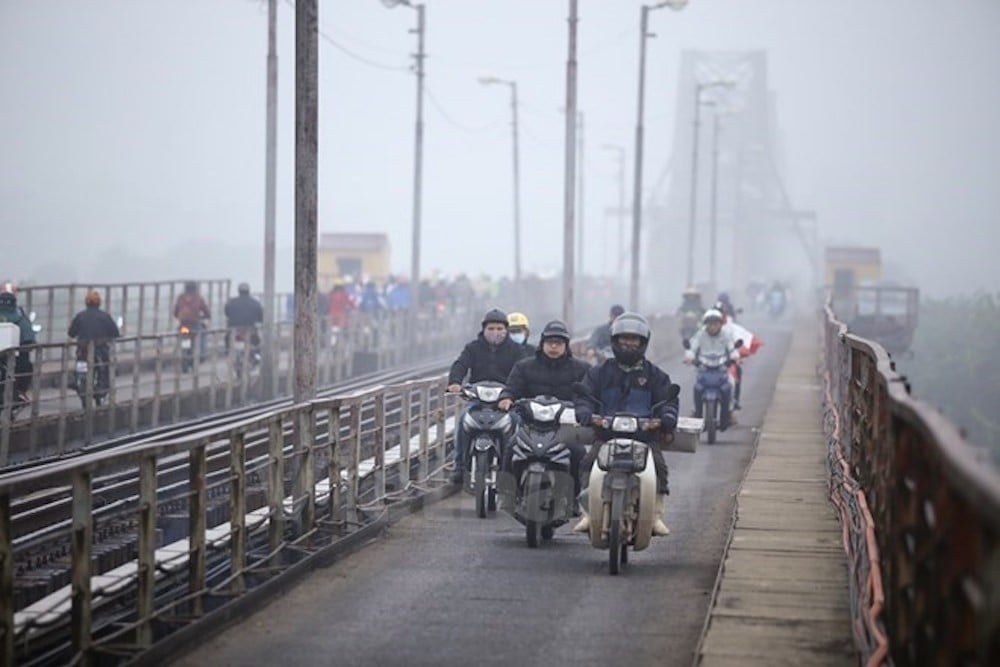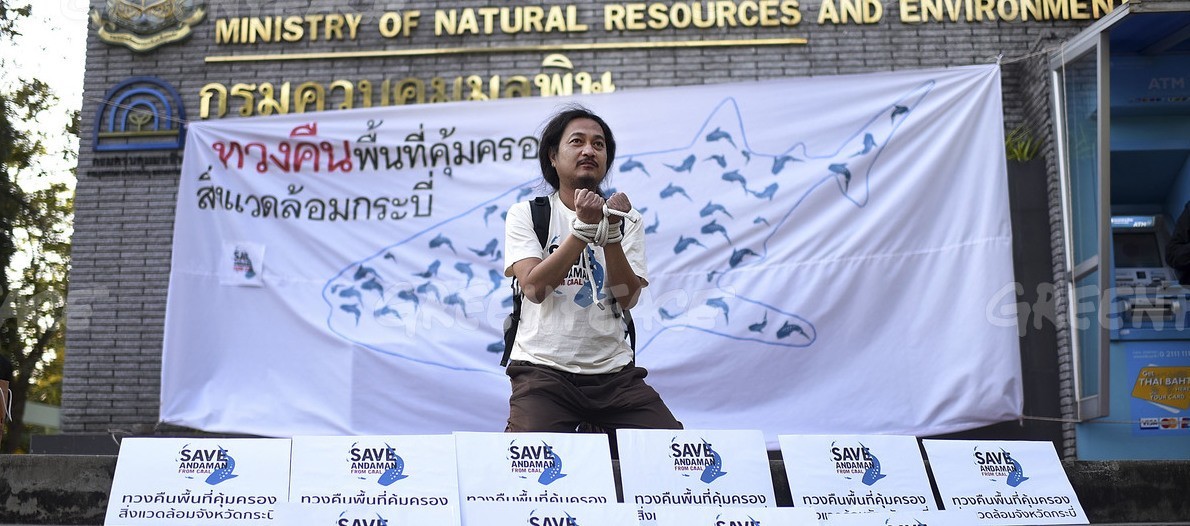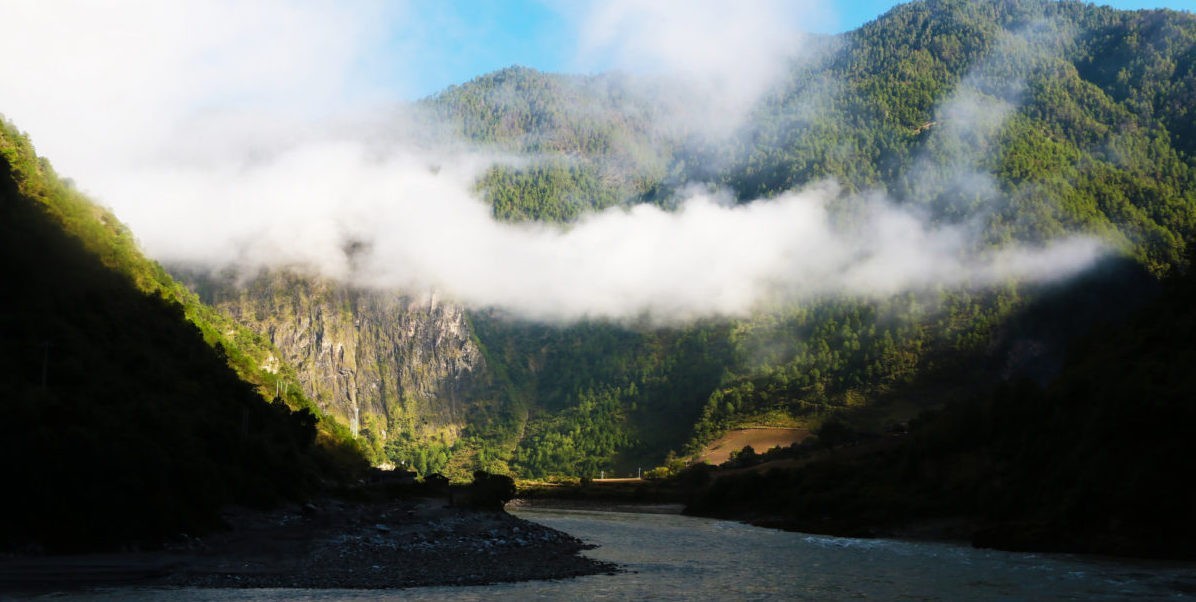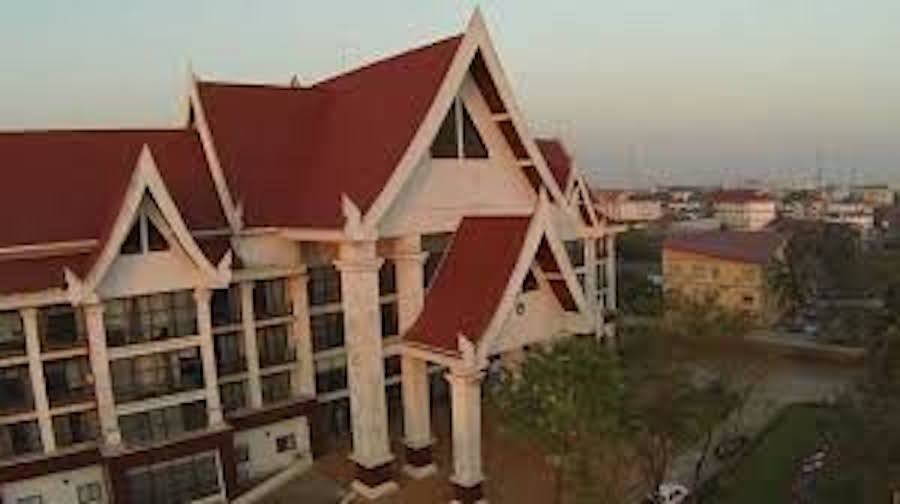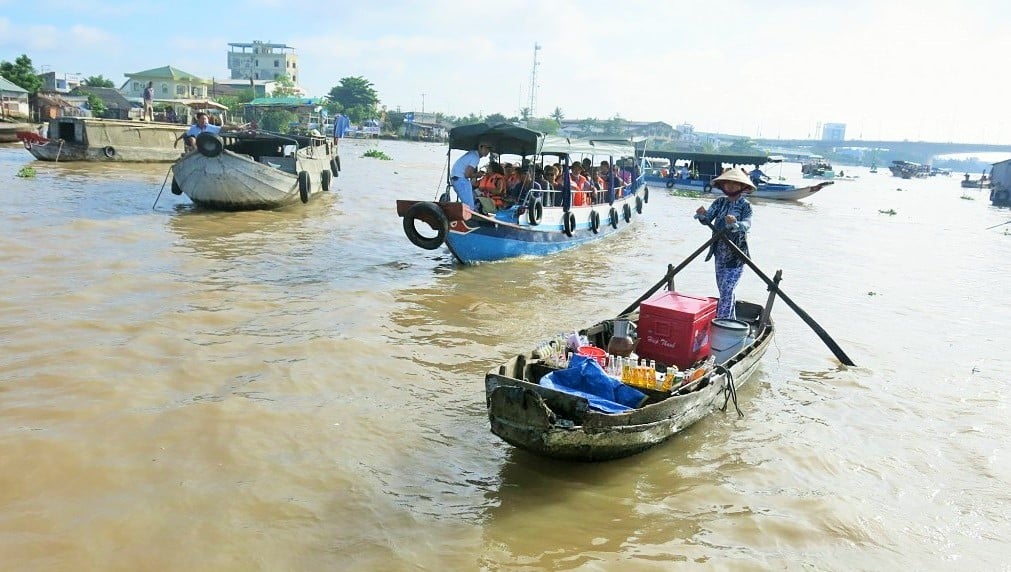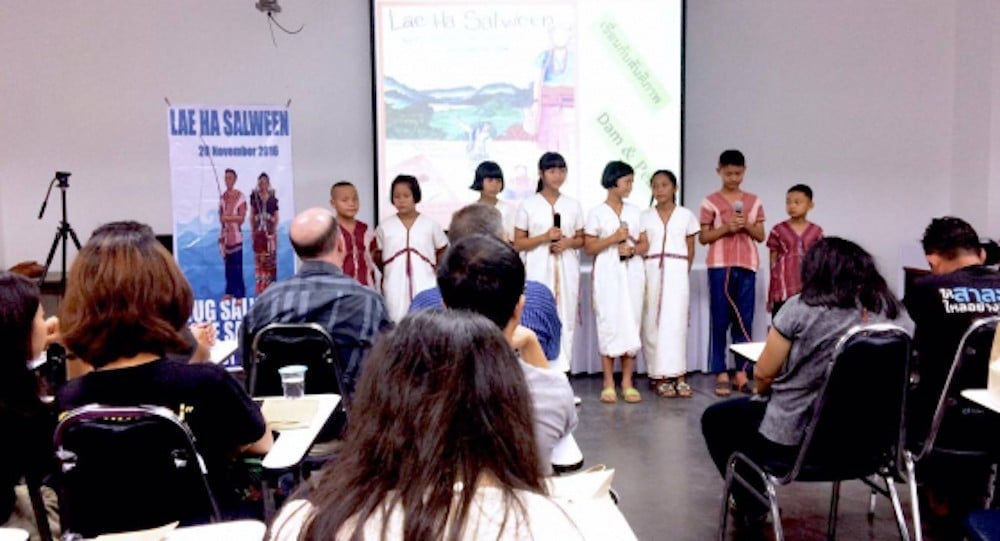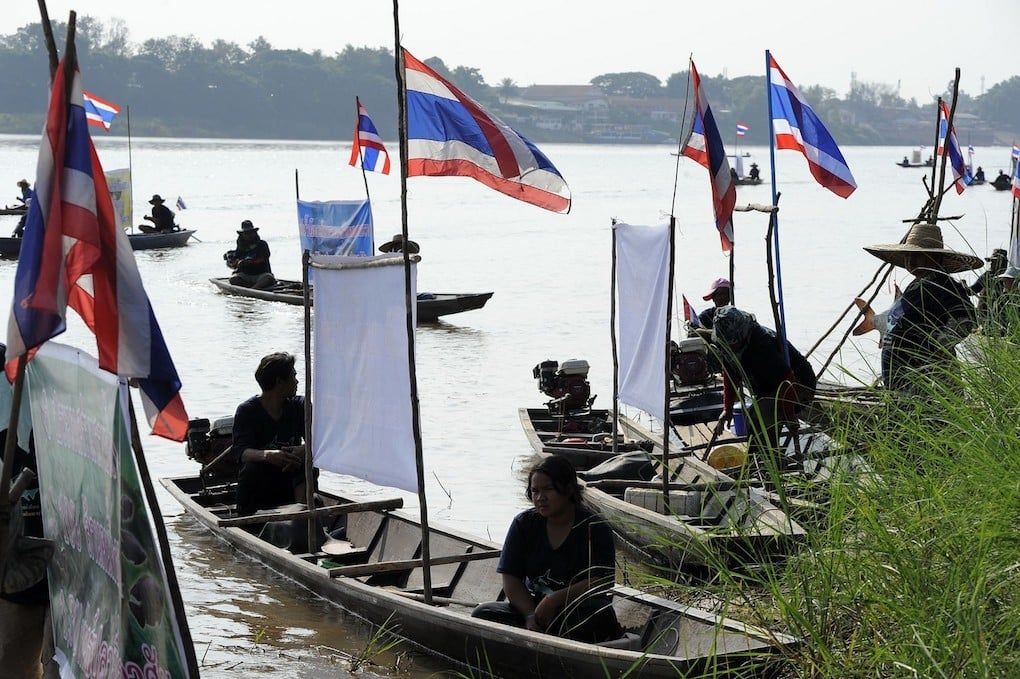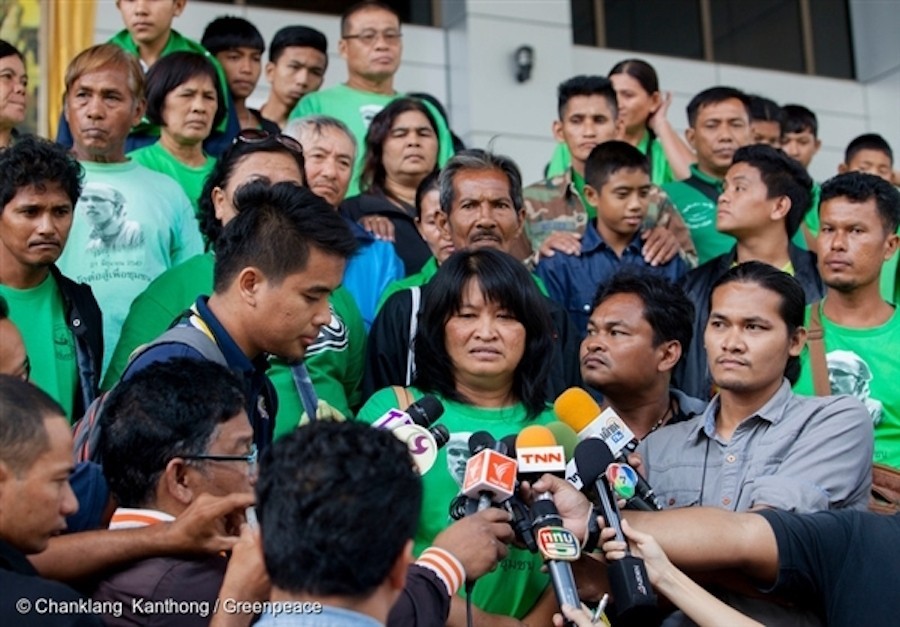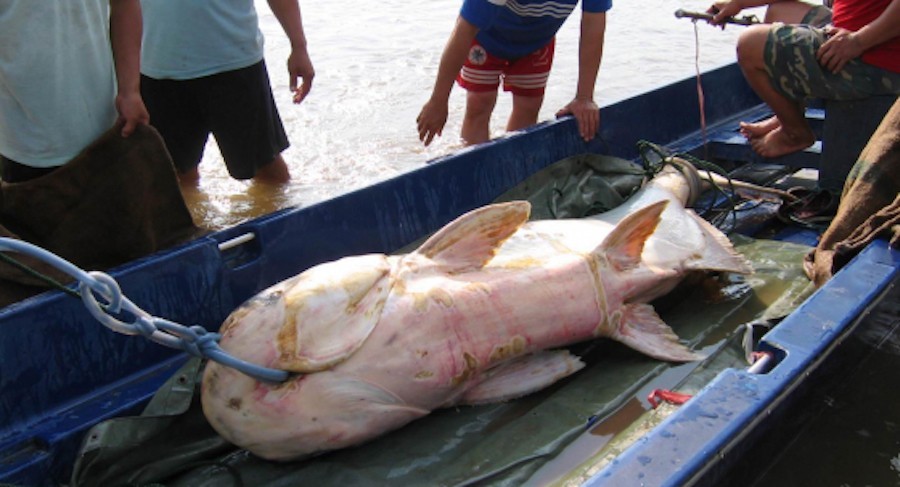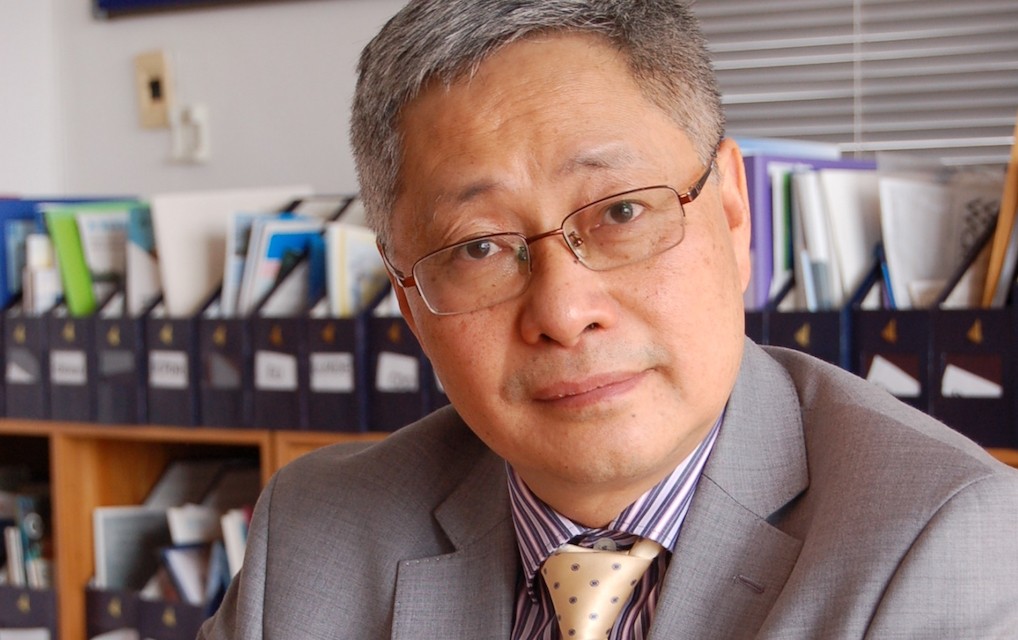A major expansion of economic-corridor networks and new areas for economic investment valued at US$32.6 billion (Bt1.2 trillion) will strengthen links between the capital cities of Mekong countries, according to the agreement revealed at the 21st Greater Mekong Subregion (GMS) Ministerial Conference in Chiang Rai province yesterday.
Category: Thailand
Clean energy for Krabi
In a bid to create the impression that the coal-fired power plant in Krabi has won backing from locals, Krabi governor Pinit Boonlert submitted a list of supporters’ signatures last week, totalling 15,000, to the government. That is worrisome.
The move came immediately after Prime Minister Prayut Chan-o-cha said the government attached importance to public participation and would pay heed to locals’ needs when making a final decision over the contentious project in the province with a population of 456,800. He made the comments in response to the fresh round of protests by anti-coal supporters at Government House last month.
Damming the Salween: what next for Southeast Asia’s last great free-flowing river?
It’s difficult to encapsulate, as an outsider, how significant the Salween is in the hearts, minds and identities of the ethnic communities who live in its watershed. “From the Land of Green Ghosts,” Pascal Khoo Htwe’s autobiographical account of life in conflict-ridden eastern Myanmar is flecked through with references to the “legendary River Salween,” the river he refers to as “an old friend or a lover.” Meeting with Salween riverine communities in Myanmar today, Pascal Khoo Htwe’s depiction of his relationship with the river burns strong – they still talk about it all the time.
Sweden Pledges $5.3M to Mekong River Body
As bitter protests continue over ongoing Mekong River dam projects, Sweden has pledged $5.3 million to a controversial multinational body monitoring development in the basin.
The funding—to be disbursed over the next four years—will promote sustainable hydropower in the Mekong River basin, the Mekong River Commission (MRC) said in a press release.
Vietnam proposes transboundary water-resources management policy
At the November 20 session of the 24th APEC Summit, a high-ranking leader suggested developing agriculture in a sustainable manner in tandem with the effective use of natural resources, including cross-border management of water resources.
Opponents call for cancellation of Hat Gyi Dam
Representatives from 150 concerned communities in Shan and Karen states attended a seminar at Chiang Mai University on Sunday where Sunnee Chiros, a former Thai human rights commissioner, presented a study she had done, which found that the dam’s environmental impact assessment process was flawed.
The group statement said the Myanmar government should abandon all dam projects on the Salween and pursue sincere peace talks in the region.
It said the Hat Gyi Dam would destroy the environment, harm people’s livelihoods and threaten regional peace, and urged people to campaign for power generated by environmentally friendly technologies.
Xayaburi dam: ‘Testing ground for untried technologies’
“I miss the Mekong.” A sad smile flickered across the face of Thongkham Phalibai, a mother of two and owner of a grocery store in Luang Prabang.
“I was living by the river for so long, earning money from gold panning and farming. But I can’t go back there anymore. I don’t know where my old house used to be.”
It has been four years since Thongkham left a simple life in her old village of Pak Neun for a new one in Neunsavang, a remote village 80 kilometres south of Luang Prabang. She was among the 2,986 villagers who were forced to resettle because their homes either sat on the location of the controversial Xayaburi dam or were in areas that will be flooded.
Development as Unfreedom: Shrinking Democratic Spaces in Asia
The real sign of development and democracy is how a country respects, protects and promotes freedoms and human rights. The biggest challenge of our times is the increasing gap between the promises and performance of states and governments in relation to the protection of the freedoms and human rights of their people. This is most evident in many countries in Asia, with the shrinking of freedom and democratic spaces resulting in increasing attacks on human rights defenders.
Mekong projects ‘to kill biodiversity’
DEVELOPMENT projects in the lower reaches of the Mekong River will take a great toll on the area’s biodiversity, experts have warned, with much of its fauna and flora facing imminent extinction.
In the face of major projects, such as the plan for a navigation route on the Mekong from Chiang Rai province down to Luang Prabang in Laos, as well as a controversial dam, concerned academics and experts attended the Greater Mekong Forum in Bangkok on Friday.
Commission chief insists ‘imperfect’ body has river basin’s interests at heart
AS THE Mekong region faces intensifying challenges from developments needed by its riparian countries including Laos’ latest mega-project, the Pak Beng Dam, the Mekong River Commission (MRC) insists that it is still the best institutional arrangement to ensure sustainable development for the basin.
Pham Tuan Phan, who assumed the post of MRC chief executive this year, stressed that point while delivering his presentation about the organisation, empowered by the 1995 Mekong Agreement, at the Greater Mekong Forum last week, where leading river experts and policy-makers attended to find out the best approach to ensure the river’s sustainable development.


